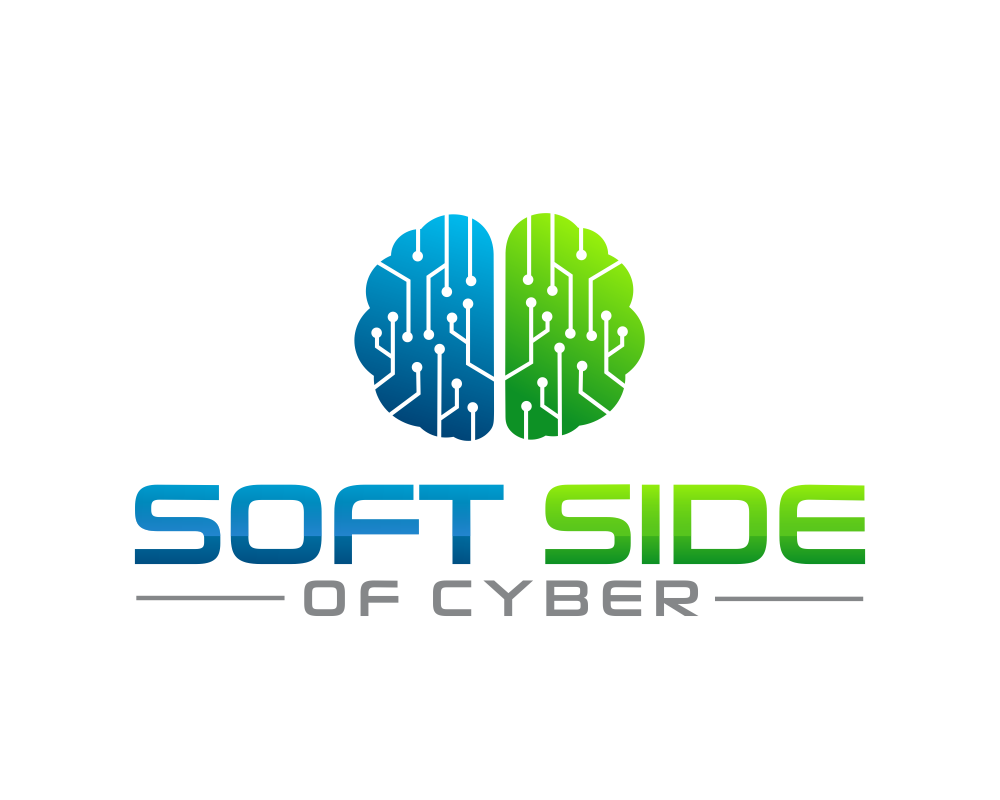
Mastering the Human Element: Emotional Intelligence in Cybersecurity Leadership
In cybersecurity, like many IT disciplines, technical prowess often takes center stage. Emotional intelligence (EI) in the field, especially in leadership roles, cannot be overstated. Cybersecurity leaders who excel in EI not only navigate complex technical challenges but also foster trust, collaboration, and resilience within their teams.
Emotional intelligence encompasses a range of skills, including self-awareness, self-regulation, empathy, and social skills. These qualities are particularly crucial in cybersecurity leadership, where human interactions and relationships play a pivotal role in success. Leaders with high EI understand their own strengths and weaknesses, allowing them to make informed decisions and navigate stressful situations with composure.
Self-regulation is another key aspect of EI. Leaders must remain calm under pressure and adapt to unforeseen challenges when things get stressful. Changes may be happening quickly, like during an incident or they may be happening slowly, such as a major budget cut season. By managing their emotions effectively, cybersecurity leaders can maintain focus, make rational decisions, and inspire confidence in their teams.
Empathy is perhaps one of the most underrated qualities in cybersecurity leadership. Understanding the perspectives and emotions of team members, clients, and stakeholders fosters stronger relationships and enhances collaboration. Empathetic leaders create an inclusive and supportive work environment where team members feel valued and understood.
Furthermore, social skills are essential for effective communication, conflict resolution, and stakeholder management. Social skills aren't really something we talk about in training or in university cybersecurity programs. In fact, people with strong social skills are sometimes mocked as being "non-technical" and, therefore, "ineffective" in the field. Cybersecurity leaders with strong social skills, though, build trust and rapport with their audiences, whoever that happens to be, from technical experts on other teams to C-suite executives. By fostering open dialogue and facilitating collaboration, they drive alignment toward common goals and objectives. A huge part of this is the development of alliances across the organization, which is a tremendous point of leverage to get things done.
So as we wrap up, emotional intelligence is not just a "soft skill" but a critical component of effective cybersecurity leadership. Leaders who master EI create resilient teams, navigate complex challenges with confidence, and inspire others to achieve their full potential. By prioritizing emotional intelligence alongside technical expertise, cybersecurity leaders can truly excel in their roles and drive meaningful change in the ever-evolving cybersecurity landscape.


